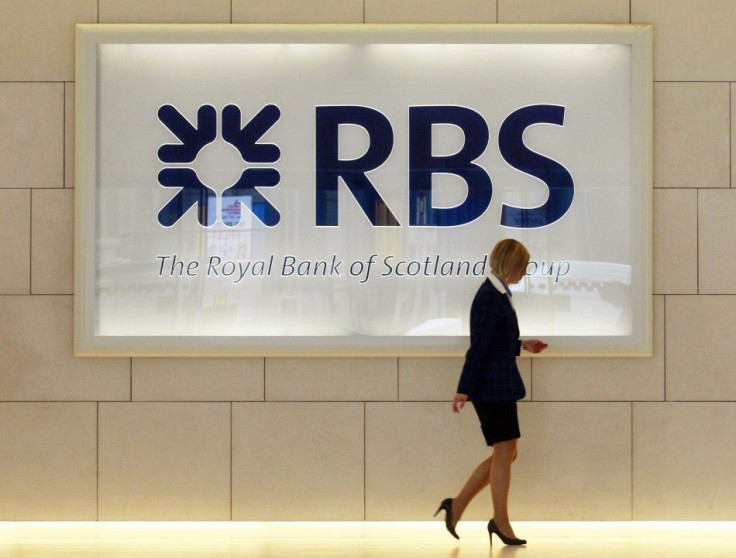Royal Bank Of Scotland Should Split: Parliamentary Draft Report

A draft parliamentary report will recommend a split of Britain’s largely taxpayer-owned Royal Bank of Scotland, setting up political tension with George Osborne, the UK’s economic chief.
The question of whether to split up the bank, which received a £45 billion ($68.8 billion) bailout in 2008, is almost purely political, the BBC reported, since UK Treasury officials haven't weighed in to favor one alternative over another on technical grounds.
But Osborne has said on several occasions that tinkering with the bank isn’t a good idea. Osborne and UK Prime Minister David Cameron fear that a break up of RBS will delay the privatization of the bank, which they’d like to set in motion before elections in 2015.
Osborne is set to make a speech to the City of London on this topic and on the state of the British economy on June 19, at the mayoral Mansion House.
The uncertainty now is whether Osborne will argue against the conclusions of the Parliamentary Commission on Banking standards, a committee of lawmakers he helped establish after the 2012 LIBOR scandal.
Splitting RBS’ well-performing and toxic assets into two separate banks is opposed by conservatives, according to the BBC, because they aren’t sure the reconstruction would benefit taxpayers, who own 81 percent of the bank, or boost the economy.
It could also be seen as a second bailout of the influential bank, as Osborne has told the committee the move would cost £10 billion.
Those favoring the breaking up of RBS include outgoing Bank of England Governor Mervyn King, according to the Guardian, which reported that King told the commission RBS’ troubled assets need to be hived off.
In May, the International Monetary fund called on the UK to develop a “clear strategy” for the future of RBS and Lloyds Banking Group, which maximized value for taxpayers, the Guardian reported.
According to the Wall Street Journal, most economists believe the UK government’s indecision over how to restructure the two banks -- a debate that has lasted five years -- is harming the British economy.
The broader question of whether RBS should be further nationalized or instead privatized is still an open one.
© Copyright IBTimes 2024. All rights reserved.












